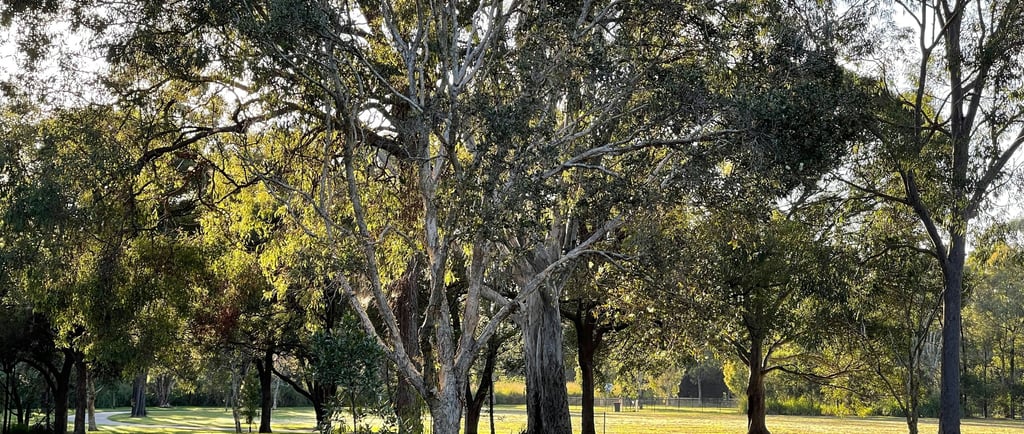What's your Travel Energy Style? Take the Quiz
The Power of Small Travel: Why It Matters and What It Really Means
Discover the power of small travel — short, intentional journeys that restore energy, support midlife wellness, and bring joy without the stress.
Brava Braun
9/1/20254 min read


The Myth of “Big” Travel
When most people think about travel, they imagine grand adventures: boarding a long-haul flight, crossing multiple time zones, or jetting off to an exotic destination.
And yes — those trips can be incredible. But they can also be exhausting, expensive, and unrealistic to do often, especially for women in midlife navigating shifting hormones, careers, and family demands.
I’ve come to believe that travel doesn’t have to be big to be meaningful. In fact, some of the most restorative journeys I’ve taken have been the small ones — the day trips, the quiet overnights, the “micro-adventures” that are close to home but rich with intention.
What Is “Small Travel”?
Small travel is about depth, not distance. It’s about cultivating presence, curiosity, and renewal — without the pressure of long flights or bucket-list checklists.
Small travel might look like:
Driving 45 minutes to a trail you’ve never hiked before.
Spending a night at a local inn or Airbnb, with nothing on the agenda but rest.
Exploring a new café, museum, or neighborhood in your own city.
Sitting by a river or lake for an afternoon, journaling and soaking in the change of scenery.
For me, small travel has been the bridge between no travel and big travel. It keeps me grounded and nourished when a trip abroad isn’t possible — and it’s often the kind of travel I remember most vividly.
Why Small Travel Matters (Science + Soul)
Nervous system reset
Big trips can be thrilling, but they often overload your sympathetic nervous system (fight-or-flight mode). Airports, delays, time zone shifts, and overstimulation keep your body in a state of high alert. Small travel — a short drive to the Gatineau Hills, for example — provides novelty and exploration without pushing your nervous system into overdrive. Even a few hours of “rest-and-digest” mode can lower cortisol and restore balance.
Hormone-friendly for midlife women
In perimenopause and menopause, fluctuating estrogen and progesterone make our bodies more sensitive to stress, sleep disruption, and inflammation. Research shows that travel-related sleep disturbances (like jet lag) can amplify hot flashes, mood swings, and fatigue. Small travel avoids those disruptions while still giving you the benefits of rest and renewal.
Mental health & creativity boost
Psychologists have found that even minor changes in environment boost neuroplasticity — the brain’s ability to adapt and grow. A half-day exploring a new gallery in Ottawa, or walking a different trail along the Rideau River, stimulates creativity and helps shake off “stuck” energy.
Accessibility & sustainability
Small travel is gentler on your budget, your schedule, and the planet. No flights, no jet lag, no complicated logistics — just pure presence.
My Own Small Travel Story
During a busy season at work, I craved a getaway but didn’t have the bandwidth for a long trip. Instead, I booked a single night at a small inn in Wakefield, Québec. I packed light — a journal, herbal tea, and my favorite essential oil spray.
I spent the afternoon wandering through Wakefield’s boutiques, enjoyed a simple dinner, and then sat by the Gatineau River journaling until sunset. That one night gave me more clarity and calm than some week-long trips abroad.
It reminded me that the point of travel is not distance — it’s perspective.
How to Practice Small Travel (Ottawa Edition)
Here are step-by-step ways to bring small travel into your life, with examples right here in the Ottawa area:
Step 1: Start with micro-adventures
Choose a local café you’ve never visited — like Little Victories Coffee or Arlington Five.
Take a new walking route along the Rideau Canal.
Wander through ByWard Market on a weekday morning when it’s quiet.
These small shifts trick your brain into “travel mode” without needing to pack a bag.
Step 2: Plan intentional day trips
Nature: Drive 30 minutes into Gatineau Park for a hike at Pink Lake or Champlain Lookout. Pack water, a journal, and a grounding snack.
Art: Spend a slow afternoon at the National Gallery of Canada — but give yourself permission to linger with just one painting instead of rushing through.
History: Explore Cumberland Heritage Village Museum or Diefenbunker Cold War Museum for a sense of discovery without the crowds.
Day trips allow you to reset your nervous system without the stress of overnight logistics.
Step 3: Create gentle overnights
Book one night at:
Wakefield Mill Hotel & Spa — tucked into nature, perfect for grounding rituals.
Le Germain Hotel Ottawa — downtown luxury that feels like a reset without leaving the city.
A countryside Airbnb near Carp or Chelsea for stargazing and quiet.
Pack a light “ritual kit”: herbal tea, essential oil spray, eye mask, and journal. Treat it like a mini-retreat.
Step 4: Slow down your pace
Small travel works best when you resist the urge to “see everything.” Sit on a bench at Major’s Hill Park. Watch the Ottawa River roll past. Notice the sounds, the air, the people around you.
It’s not about checking boxes. It’s about being.
Step 5: Reflect afterward
Ask yourself:
What did I notice that I wouldn’t have at home?
What shifted in me?
What will I carry back into my daily life?
This transforms small travel into integration, not just escape.
Why I Believe in Small Travel
When I look back, some of my most cherished memories aren’t from airports or faraway cities — they’re from nearby adventures: a sunrise walk along Dow’s Lake, a quiet night journaling in Wakefield, or discovering a hidden mural in downtown Ottawa.
Small travel sustains me. It’s the in-between, the rhythm, the reminder that I don’t need to wait for the “perfect trip” to feel renewed.
And in a world that glorifies big, busy, bucket-list travel, small travel is a radical act of presence.
Wellness
Personalized travel wellness for energized journeys.
Travel
Get our Vitality in Motion newsletter
travel@bravabraunwellness.com
© 2025. All rights reserved.
